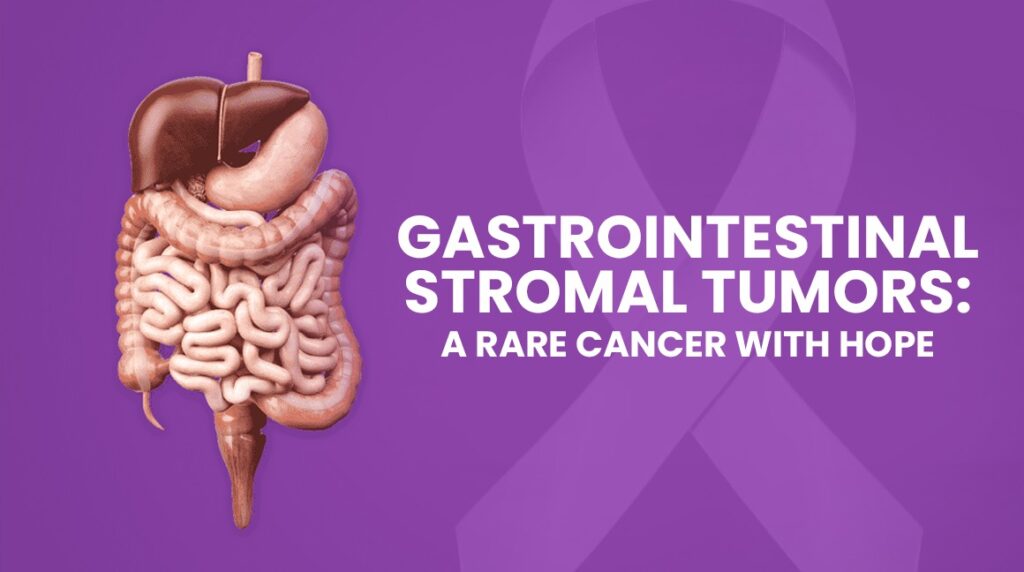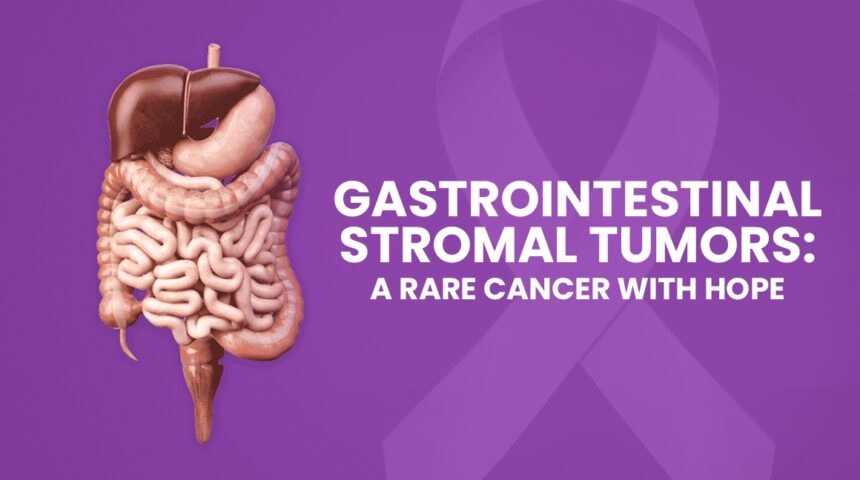
No matter what the circumstances, the word “cancer” will always evoke thoughts of unprecedented fear. GIST (Gastrointestinal Stromal Tumors) have a rarer type of cancer, but it is evolving because of emerging scientific technologies. However, its rareness is balanced by the factit’s easier to treat when diagnosed early. Thanks to grater access to modern day medical facilities, people can go under the care of and expert like Dr Manoj Sharma which can make a world of a difference.
Diagnostic & Surgical Oncology
Surgeons specializing in Oncology have the ability to practice Diagnostic as well as Surgical Oncology. GISTs are classified as a soft tissue Sarcoma, and they can and mostly develop in the digestive tract, precisely in the stomach and small intestine. What makes GISTs extraordinary is the fact that it is caused by a mutation in two genes—KIT and PDGFRA— that cause unrestrained growth of cancerous cells.
Why Does It Happen?
And though no one knows for sure what causes GISTs, there is still speculative information available. Also, one important information, the SGT’s is ’caused’ due to abnormal mutation.
Age: GISTs are more common in people above the age of 50, but they can develop at any age.
Familial GIST Syndrome: While most of the cases are sporadic, certain people acquire genetic changes that make them susceptible to GISTs.
Neurofibromatosis Type 1 (NF1): Individuals with this genetic condition have an increased chance of developing GISTs.
Symptoms of GISTs
GISTs usually grow for a long period without causing any noticeable symptoms. However, when the tumor reaches a certain size, a few symptoms that the patient may experience are:
- Abdominal pain or discomfort
- Nausea
- Weight loss due to lack of consumption
- Severe tiredness
- Bleeding from the gastrointestinal tract (may appear as dark stools or blood vomiting)
- Sensation of fullness after consumption of lower quantity of food
- Chronic blood loss leading to anaemic condition
Diagnosis of GISTs
Early detection of GISTs is important for effective treatment. As stated by leading oncologist Dr. Manoj Sharma, modern techniques of diagnosis include:
Endoscopy: This involves the insertion of a flexible tube containing a camera into the patient’s digestive system so as to check for irregular growths.
CT and MRI Scans: These imaging tests are used to identify the size and site of the tumor.
Genetic testing and biopsy: This involves extracting a specimen from the suspect area so as to validate the presence of GIST and check for mutations in genes that would affect the treatment plan.
Management Strategies for GISTs
The favorable news for patients diagnosed with GISTs is that the management strategies have evolved over the years. The most appropriate treatment plans consist of the following:
1. Surgical Intervention
Surgical removal is frequently the first course of action, particularly for localized GISTs. Surgery can offer a cure if the tumor hasn’t metastasized.
2. Targeted Therapy
Targeted therapy differs from traditional chemotherapy by concentrating on specific, tumor-promoting genetic changes. Imatinib (Gleevec) remains the most popular targeted therapy for GISTs, as it reduces the size of tumors and recurrence is unlikely.
3. Radiation Therapy
While not a primary treatment for GISTs, radiation therapy may be beneficial for select patients, especially those experiencing painful or bleeding tumors. Best Radiation Oncology in Delhi NCR is one of the best centers where patients can obtain the radiation therapy they deserve with the expertise available.
4. Active Surveillance and Follow-Up
In patients where surgery isn’t critical right away, regular scans may be suggested, and for those who are undergoing treatment, surveillance helps in the assessment of response and early recurrence detection.
Hope and support are crucial when coping with GISTs.
While any cancer diagnosis can be daunting, patients with GISTS have ample reason for optimism. Provided that there is early detection and specialized treatment by an oncologist, survival rates are optimal. Targeted therapies have brought marked change in the past few years, GISTS have now become a manageable medical problem instead of a life-threatening one.
Navigating this journey requires guidance and support and, for patients and families, support groups are vital. Consulting with a seasoned oncologist like Dr. Manoj Sharma assures patients of meticulous care, from diagnosis to treatment and its long-term management.
Benefits of Having An Expert Onboard
When dealing with an uncommon cancer like GIST, receiving treatment from one of the oncologists in Delhi NCR radiation oncology is particularly important. Patients now have access to world-class infrastructure and some of the best radiation oncology in Delhi NCR who offer customized treatment plans catering to their specific condition.
Understanding the rare nuances of this cancer, makes it imperative to consult an oncologist for GISTs. Dr. Manoj Sharma best cancer specialist doctor believe in cutting-edge treatments and stand by their patient’s side throughout the journey, ensuring optimum results.
Conclusion
Even though Gastrointestinal Stromal Tumors (GISTs) are uncommon, they are not an enigma anymore. The advances made in oncology has ensured early diagnosis and treatment options which are very beneficial. If you or someone you know is dealing with this diagnosis, there is expert care available. Oncologists like Dr. Manoj Sharma are world-class cancer specialists doctor helping hundreds of patients every day.

